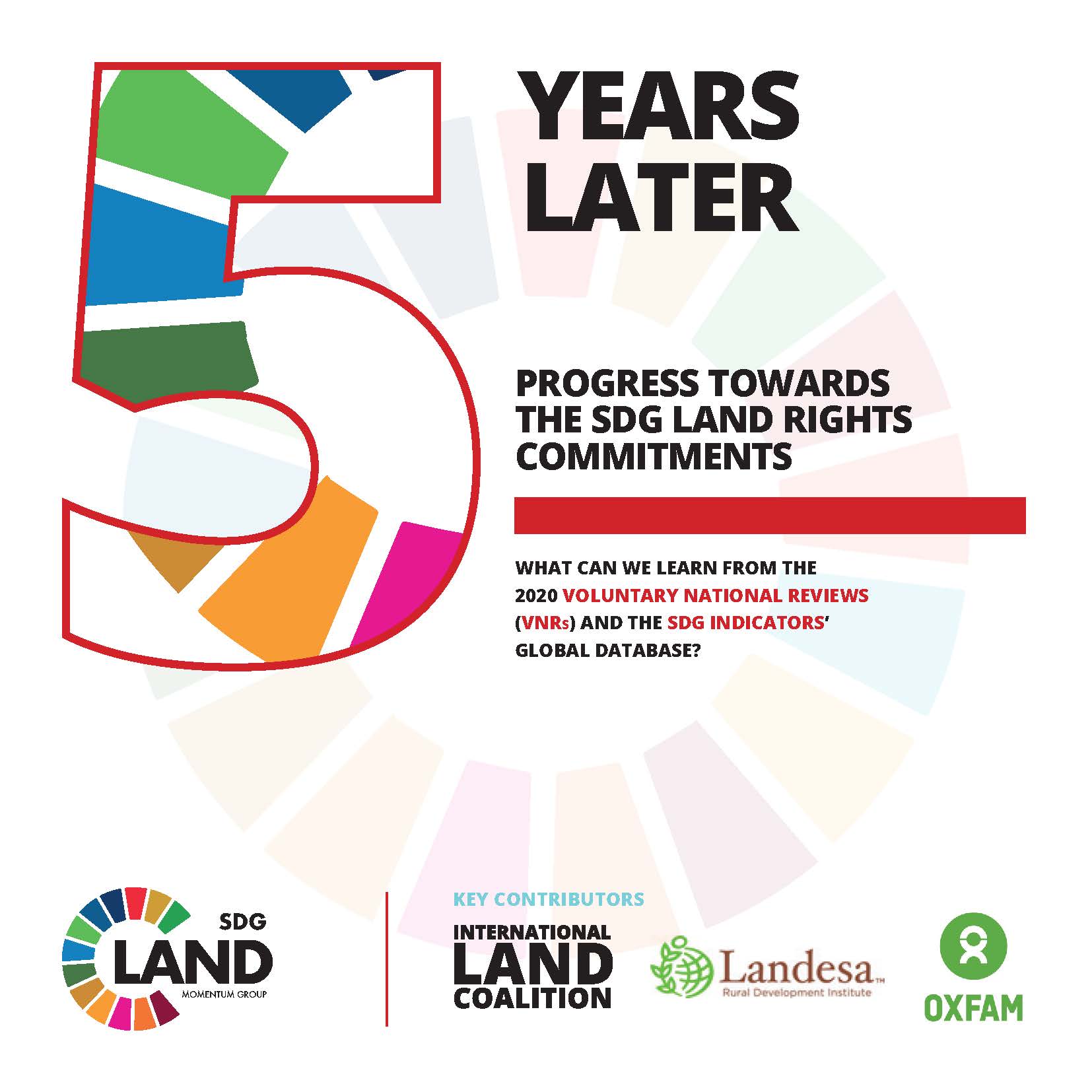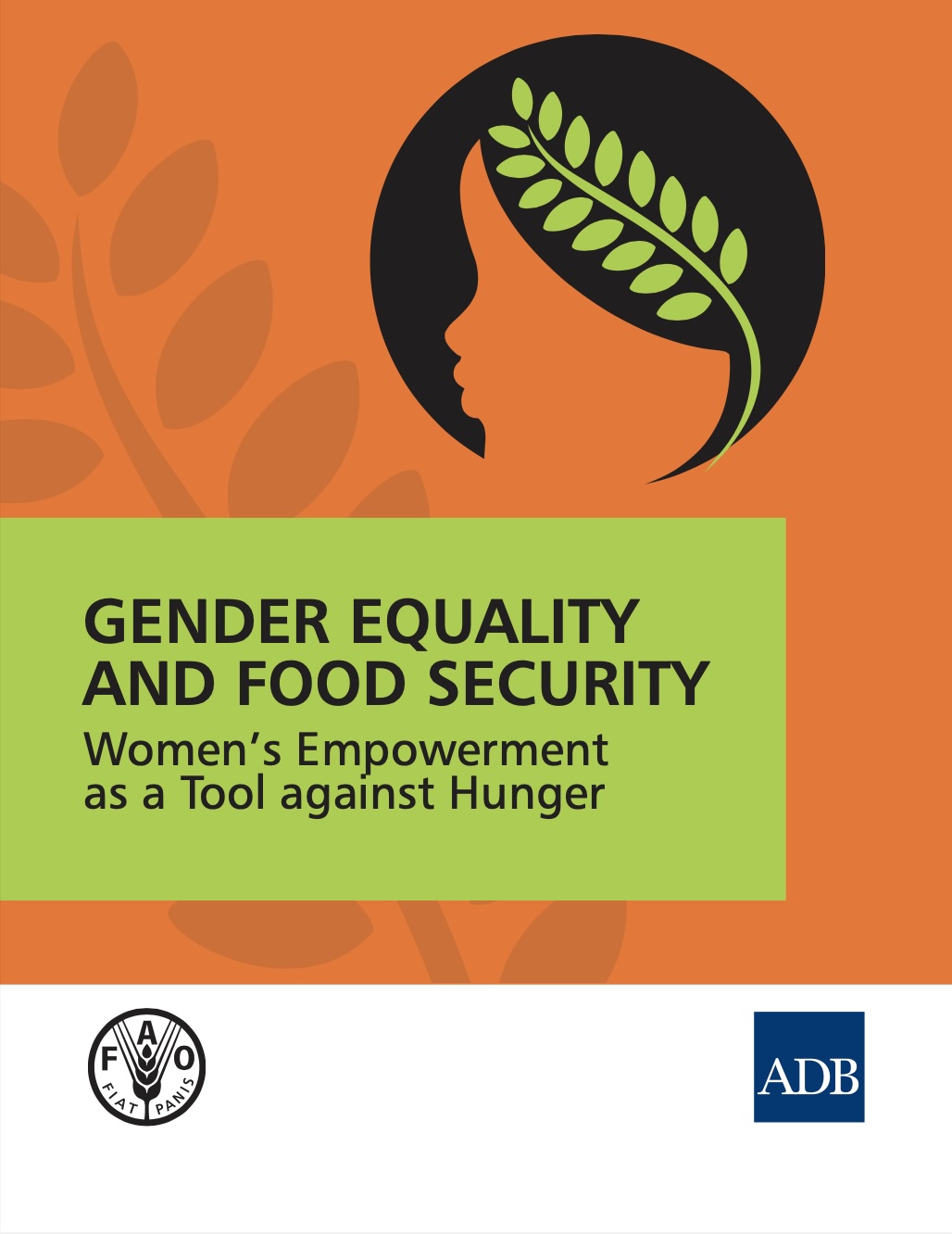Consideration of reports submitted by States parties under article 18 of the Convention on the Elimination of All Forms of Discrimination against Women
Fiji ratified the UN Convention on the Elimination of All forms of Discrimination Against Women in August, 1995. The initial report was submitted in 2000 and the Fiji delegation appeared before the UN CEDAW Committee of Experts for the constructive dialogue in 2002. Fiji has not submitted any report since. Therefore this document is the State combined 2nd, 3rd and 4th Periodic report and covers the period January 2003 to June 2008.






